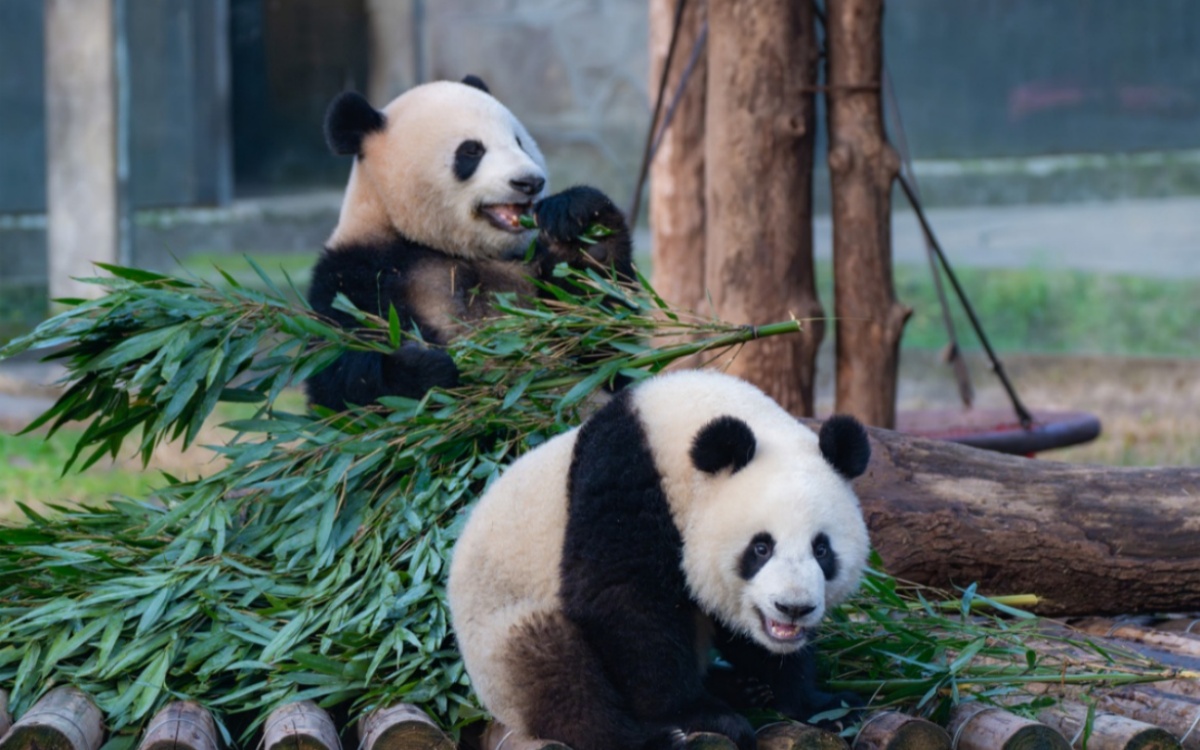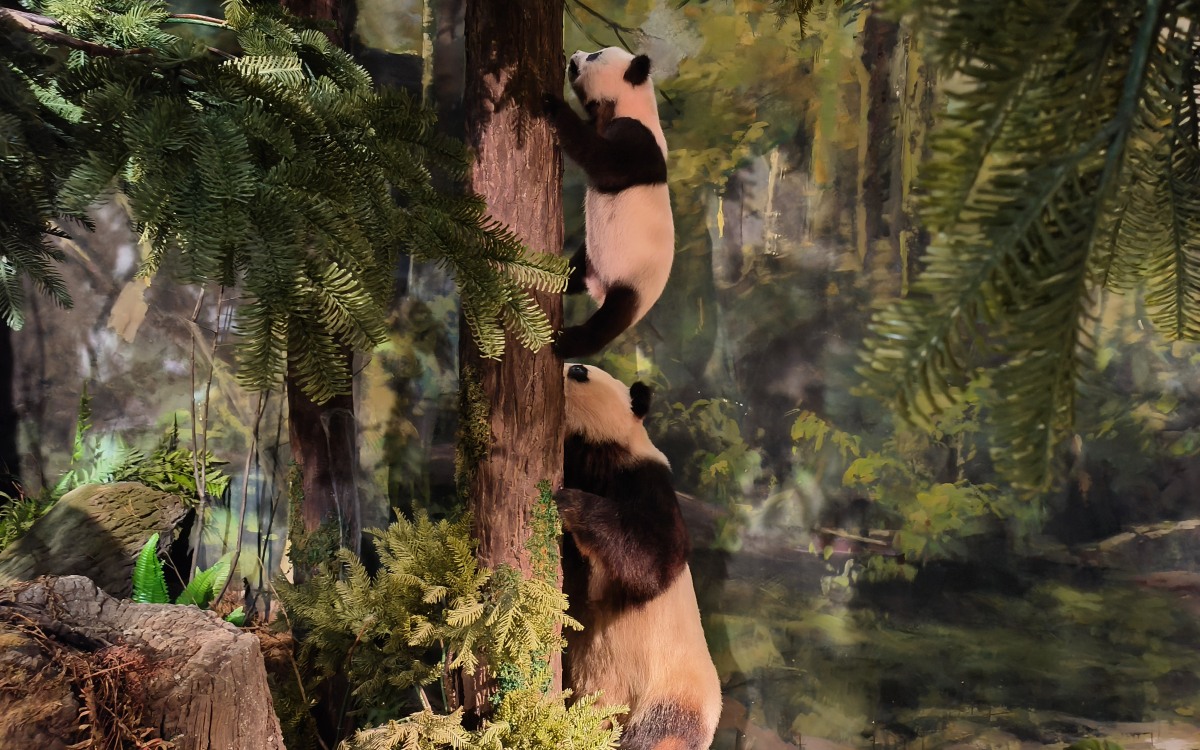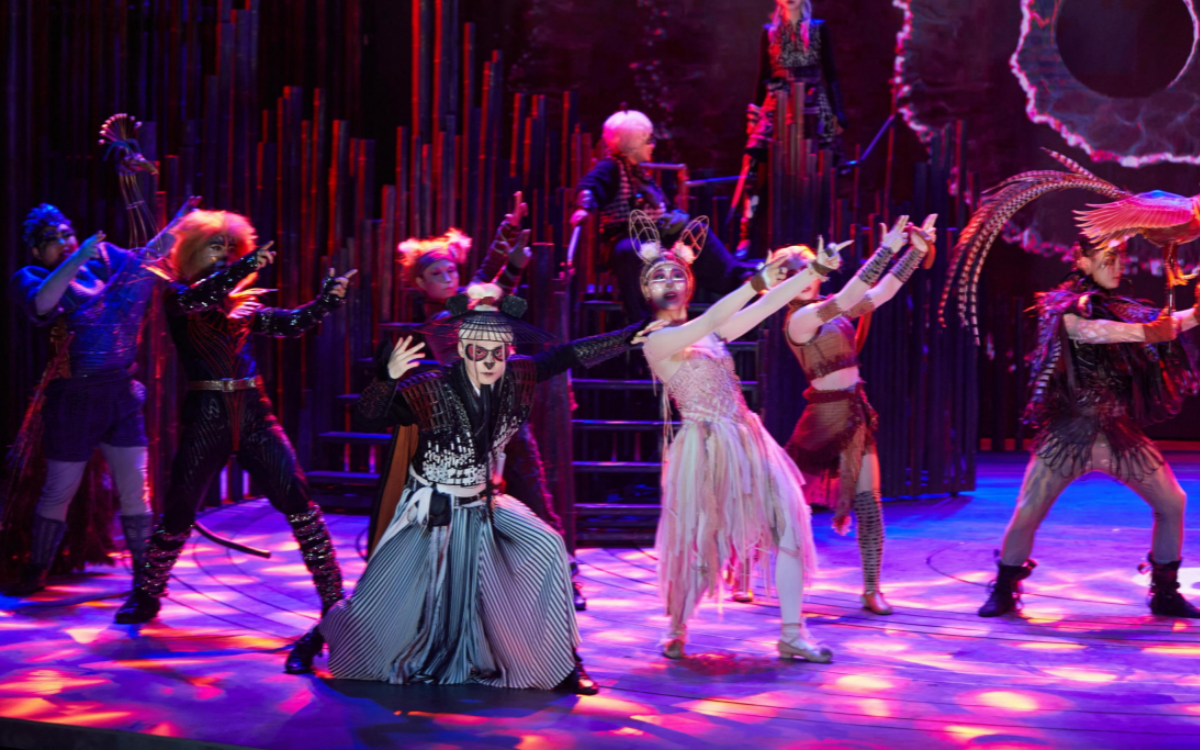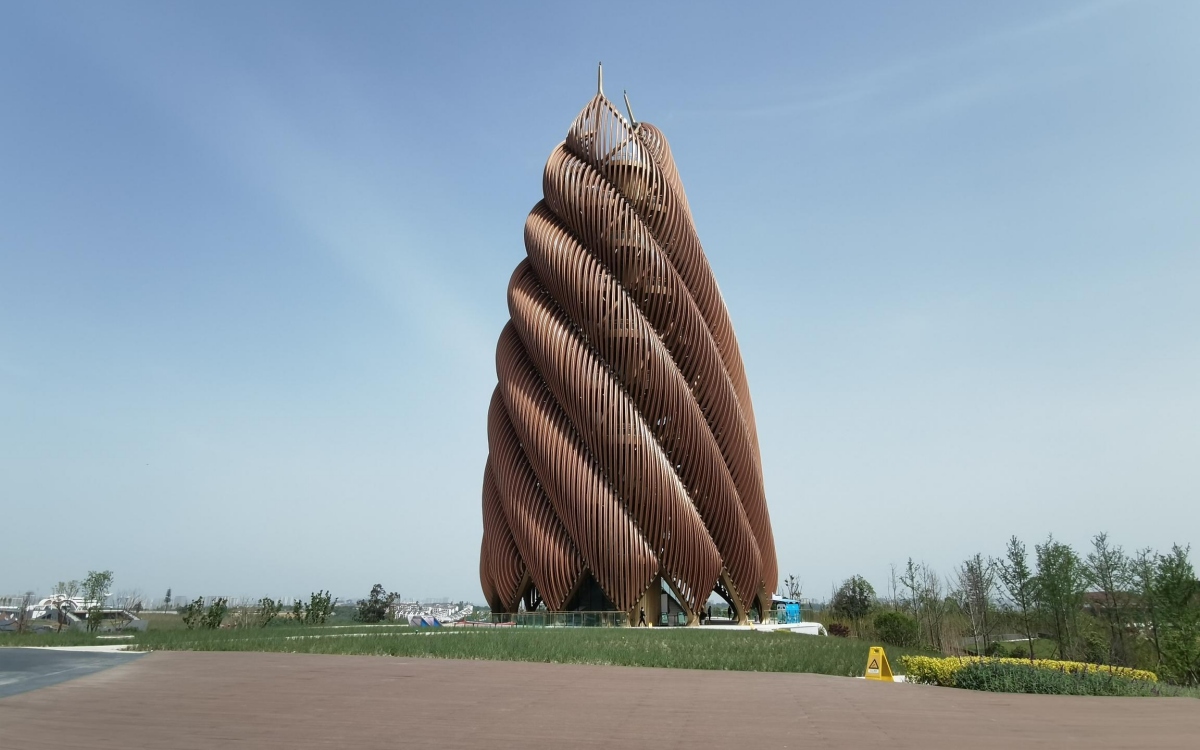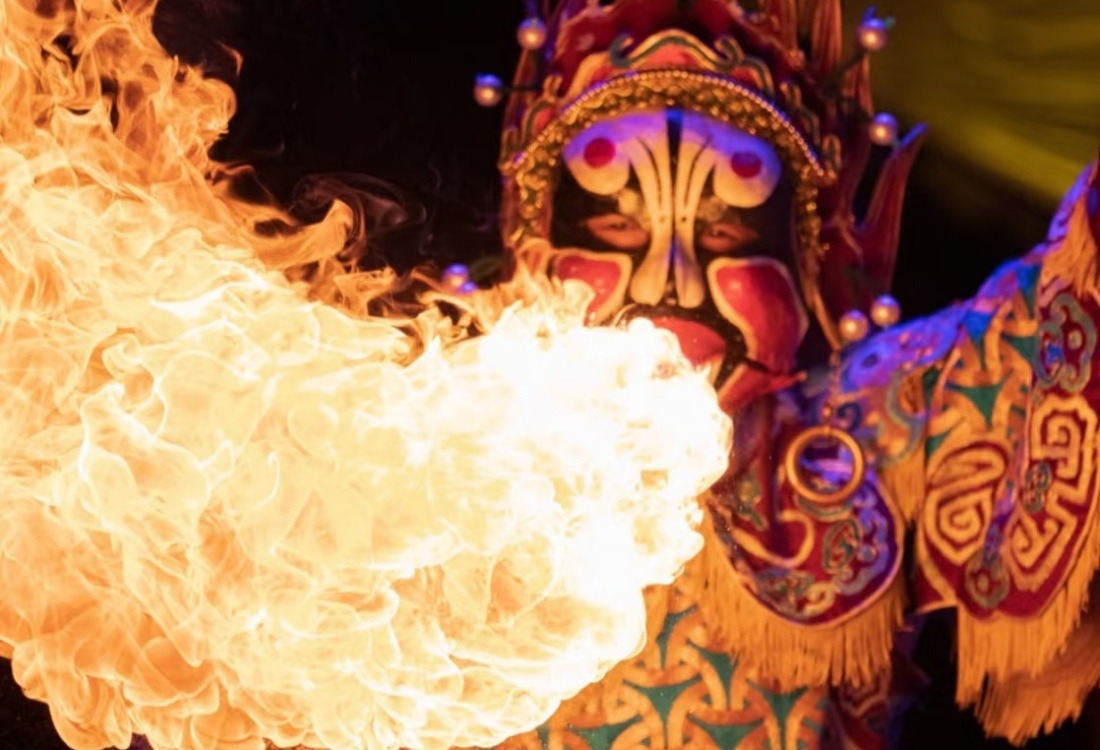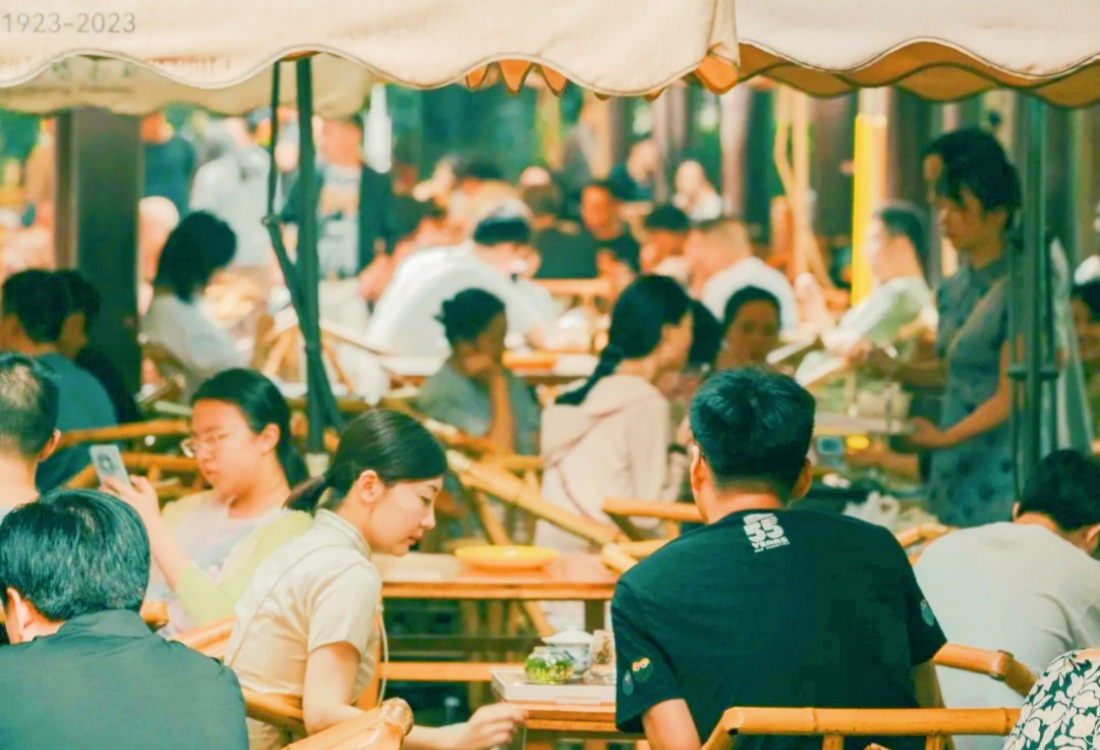Table of Contents
ToggleWelcome, fellow travel enthusiasts! I’m thrilled to guide you through one of China’s most cherished destinations: the Chengdu Research Base of Giant Panda Breeding. A Visit Chengdu Panda Base experience is more than just a day out; it’s an immersive journey into the world of these adorable creatures and the remarkable conservation efforts dedicated to their survival. This comprehensive guide, packed with our best tips and detailed must-see highlights, is designed to help you plan the perfect tour.
What Makes Chengdu Panda Base Worth the Trip?
The Chengdu Research Base of Giant Panda Breeding isn’t just another zoo; it’s a world-renowned conservation, research, and breeding center dedicated to the beloved giant panda and other endangered species. Located just 10 kilometers northeast of Chengdu’s city center, it’s home to the largest captive giant panda population globally, with over 200 pandas as of recent counts. The base meticulously recreates the pandas’ natural habitat, sprawling over 3.07 square kilometers with an impressive 96% vegetation coverage, offering an authentic and educational experience for every visitor.
Discover the must-see highlights of Chengdu Panda Base
Panda Nurseries: Sun, Moon, and Star Houses
Without a doubt, the panda nurseries are a top draw. The Sun Giant Panda Nursery House and Moon Giant Panda Nursery House (often referred to as delivery rooms) are where you can observe newborn and very young panda cubs, especially between late August and December when they are typically a few months old. The Star Giant Panda Nursery House caters to slightly older cubs as they grow. Be prepared for cuteness overload, but also potentially crowds, as these are very popular spots.
Adult Panda Enclosures & Classic Treasure Lake Area
Wander through the numerous spacious enclosures that house adult and sub-adult giant pandas. The Classic Treasure Lake Area is noted for having a high concentration of pandas living in beautifully landscaped, semi-natural environments with bamboo groves and water features. This is where you’ll observe pandas munching on bamboo, climbing trees, or playfully interacting.
The Charming Red Pandas
Don’t overlook the delightful red pandas! The base is home to around 20 of these smaller, agile creatures. Their enclosures, often with elevated walkways for visitors, allow for great views of their tree-dwelling antics. They are known for their climbing skills and more varied diet compared to their giant counterparts.
Giant Panda Museum
Located near the South Gate, the multi-story Giant Panda Museum offers fascinating insights into panda evolution, biology, breeding techniques, and conservation efforts. It features panda specimens and interactive exhibits. Note that the museum may be closed on Mondays for maintenance (except on national holidays).
Panda Theater
For a unique cultural experience, catch a showing at the Panda Theater. It typically hosts a musical performance titled “Panda,” with shows often scheduled around 11:00-11:45 AM and 2:00-3:10 PM. This multimedia presentation tells engaging stories related to pandas and their habitat.
Panda Tower
The striking Panda Tower (some describe it as a 6-story bamboo-shaped structure) offers panoramic views across the entire base. From its observation decks, you can spot pandas in their enclosures and appreciate the lush, expansive landscape. It also houses exhibits on panda conservation.
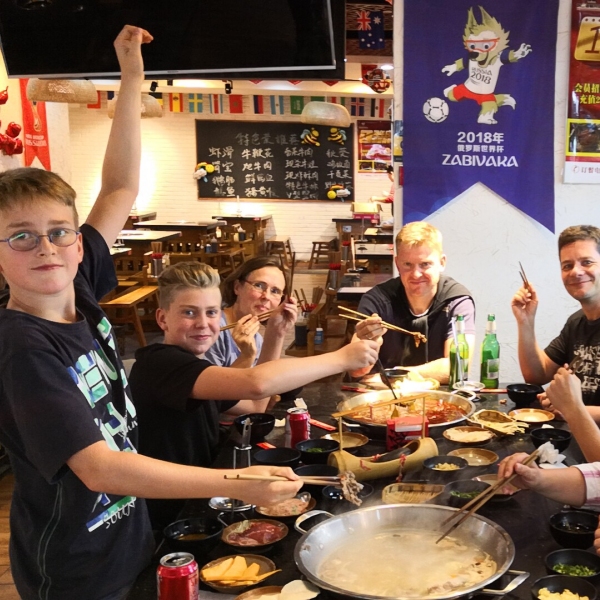
Chengdu Day Tour : Pandas & Jinli Street with Hot Pot
The Best Time to visit Chengdu Panda Base
Daily Timing for Maximum Panda Activity
The undisputedbest tip for timing your Visit Chengdu Panda Base is to arrive early in the morning. The gates open at 7:30 AM, and pandas are most active, feeding, playing, and climbing, generally before 10:00 AM. As the day warms up, especially after noon, pandas tend to become sleepy and less active. An early start not only guarantees better panda sightings but also helps you beat the larger crowds that accumulate later in the day.
Seasonal Considerations for Your Chengdu Panda Tour
While the Chengdu Panda Base is a fantastic year-round destination, certain seasons offer unique advantages:
- Late August to December: This is prime time to see newborn and young panda cubs in the nursery areas. Cubs are typically 3-4 months old during this period.
- Spring (March to May) & Autumn (October to November): These seasons boast mild and pleasant weather, with temperatures ideal for exploring the expansive base. Spring is also the pandas’ “falling in love” period.
- Winter (November to February): Cooler temperatures can mean more active pandas throughout the day and generally smaller crowds.
Avoid the peak summer months (June to August) if possible, as Chengdu can be hot and humid, which might make extensive walking less comfortable and pandas less active.
How to get from downtown Chengdu to Chengdu Panda Base?
Reaching the Chengdu Panda Base is quite convenient from the city center:
- By Metro and Shuttle Bus: This is often the most efficient public transport option. Take Chengdu Metro Line 3 to Panda Avenue Station (熊猫大道站). Use Exit A for a shuttle bus (around a 10-15 minute ride) to the base’s South Gate, or Exit B at Military General Hospital Station for a shuttle to the West Gate.
- By Public Bus: City buses such as lines 87, 198, and 655 connect downtown Chengdu to Chengdu Panda Base. This is the most budget-friendly option but can take 1 to 1.5 hours.
- By Taxi or Private Car: A taxi ride from Tianfu Square (city center) typically costs CNY 40–60 and takes about 30-45 minutes, depending on traffic.
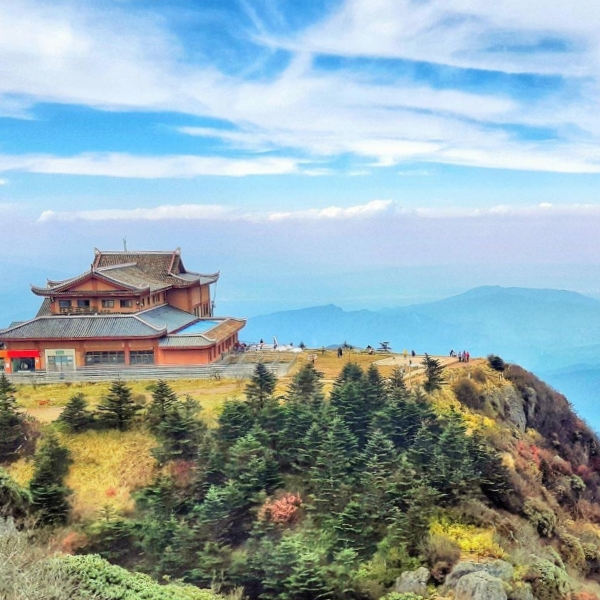
5 Days Chengdu Classic City Tour : Pandas, Leshan & Mount Emei
Frequently Asked Questions(FAQs) of Chengdu Panda Base
How much time should I plan for my visit to the Chengdu Panda Base?
We recommend allocating at least 3 to 3.5 hours for a comprehensive visit. This allows enough time to explore the main panda enclosures, the nursery, the red panda area, and perhaps the museum or tower without rushing.
Are there dining options available inside the Panda Base?
Yes, there are several dining options within the base, ranging from snack kiosks and cafes to more substantial restaurant choices like Ma Ge Manor Hotpot.


